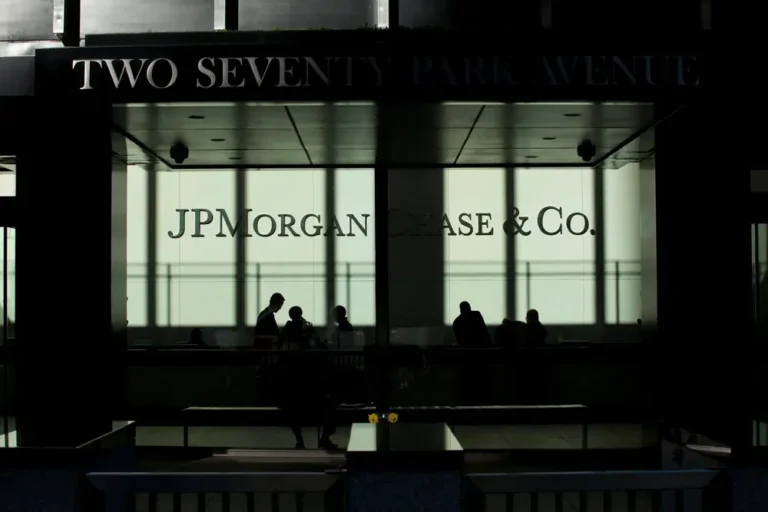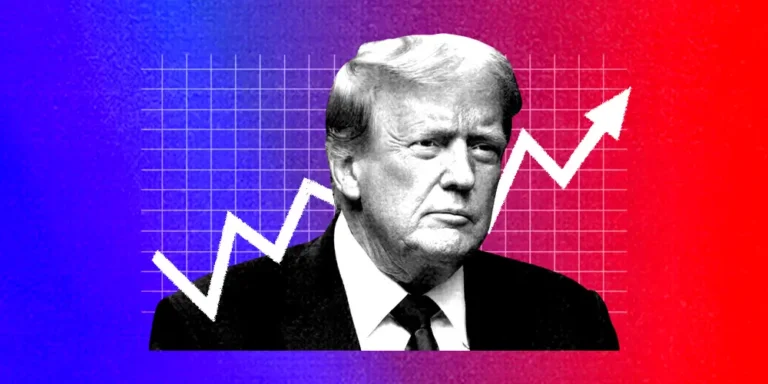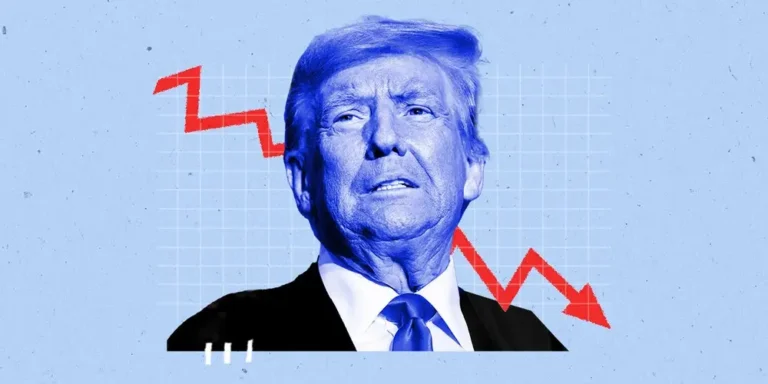As Gen Z gains major spending power, brands like Sephora and The Knot are rethinking their marketing strategies beyond millennials

- The oldest members of Gen Z are gaining their financial independence.
- Big brands are taking big strides to gain their loyalty.
- Gen Z is less cynical than millennials when they engage with brands.
Generation Z’s older members, those born between 1997 and 2012, are gaining financial independence and reaching milestones such as marriage and the start of their careers. Companies as diverse as Sephora, SiriusXM, and The Knot Worldwide are increasing their marketing efforts to reach that demographic.
According to Insider Intelligence, 64.3 million millennials made online purchases in 2021, with a projected 64.4 million in 2023. In comparison, 37.2 million Gen Zers purchased online in 2021, with a projected 45.5 million in 2023.
“Many brands’ millennial-focused core customer group has aged up, and they want to keep those customers with loyalty programs,” said Sarah Engel, president of marketing agency January Digital. “But, in terms of bringing new customers into a brand, I’m not hearing conversations every week about getting more millennials — it’s ‘Gen Z, Gen Z, Gen Z.'”
One of Sephora CMO Zena Arnold’s top priorities for the coming year is to position the cosmetics company “to be the retailer of choice among customer growth segments like Gen Z,” she told Insider. “This generation inspires us in so many ways, and we will continue to be engaged in how they approach and shop for beauty.”
What’s tricky about Generation Z is that they interact with products and services in ways that previous generations — even millennials, who grew up as the world went digital — did not. As a result, brands must rethink the products and services they provide.
According to Jenny Lewis, CMO of The Knot Worldwide, Gen Z’s perspective on marriage is unique.
“Gen Z is focused on the experience they’re creating for their guests,” Lewis explained to Insider. The Knot’s vendor marketplace, where people planning weddings can find relevant services, is influenced by Gen Z’s perspective on marriage. That marketplace is a significant source of revenue for the company. New types of vendors have emerged as Gen Z customers begin to plan their marriages, according to Lewis.
“There’s an emerging category, which is a social media curator on site,” Lewis explained.
Other companies, such as SiriusXM, have a huge opportunity because their products are extremely popular among Generation Z.
According to an analysis of Nielsen, Comscore, and Edison Research data by IPG’s investment hub Magna, Gen Z is the most avid digital audio listener of all generations. According to the findings, Gen Z spends up to 25 hours per week listening. According to Magna, streaming audio accounts for roughly one-third of Gen Z’s media time.
Spotify, SiriusXM’s Pandora, YouTube, and iHeartRadio all compete in the streaming audio market. SiriusXM is planning a major relaunch of its audio platform this fall, which will be accompanied by a large marketing push to court younger audiences — “anywhere between Gen Z and millennial age groups,” according to CMO Suzi Watford.
While Watford’s mandate includes non-Gen Z millennials, some in the advertising industry believe that Gen Z is more open to brand messaging, especially in environments such as video games. In video game environments, Super League Gaming creates elaborate branded experiences. For example, it placed Barbie’s Dreamhouse in Roblox for its client Mattel last October.
“In our early days, we were doing more millennial-targeted products,” said Ann Hand, CEO of Super League Gaming. “With millennials, we discovered a lot of cynicism about brands and brand engagement.” Barbie’s Dreamhouse does not offend Generation Z. They’re overjoyed about it.”
While brands have always said they want to court younger generations, Hand has noticed that investment does not always follow.
“It’s marketing 101: Get them when they’re young,” she explained. “However, it has taken brands some time to recognize and respond to audience shifts.” Unfortunately, these big brand machines are so focused on end-of-year metrics and becoming accustomed to whatever formula worked for the previous five years that they fail to notice a significant disconnect.”
However, advertisers have discovered that Gen Z is unique in that when they embrace something, older generations such as millennials will follow.
“There’s an upward generational impact with Gen Z,” January Digital’s Engel explained. “On TikTok, Gen Z establishes trends, and millennials pick up on those trends a year later.” So, if you’re going after Gen Z, you’re not just going after Gen Z.”






